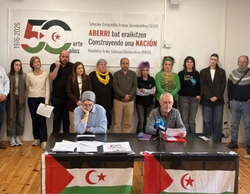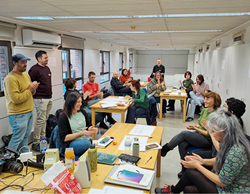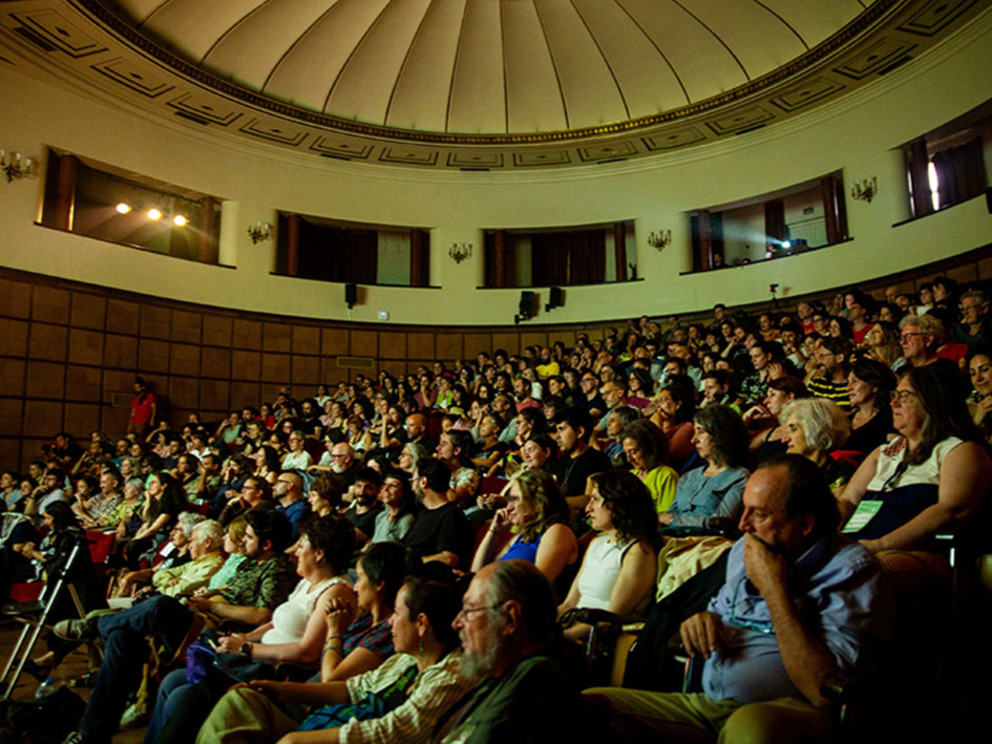
Agents from 17 universities meet in Granada to rethink, from a critical point of view, the university extension function
Teachers, students, technical management and administrative services staff and other agents from 17 Spanish and Latin American universities participated in the 1st Critical University Extension Conference held on 23 and 24 May 2024 at the University of Granada (UGR, according to the Spanish acronym).
The event was organised by Hegoa, Institute for International Cooperation and Development Studies, and the Centre for Development Cooperation Initiatives (CICODE in Spanish), and funded by the Spanish Agency for International Development Cooperation (AECID in Spanish).
95 people signed up for the Conference in order to, as stated by the subtitle of the event, think about the “Challenges of the University-Society articulation to move towards eco-social transformation”.
The Conference began with the presentation of the Exploratory study about university extension function held in 8 Spanish universities. The authors of the study as well as members of Hegoa’ s Education Team, Juanjo Celorio and Iris Murillo, offered several notes to clarify how this function is conceived and materialised. The report revealed the existence of “a process of erasure” of this function, historically considered the third mission of the university, along with teaching and researching. According to them, “this erasure implies a separation from the purpose for which the university extension was created, and this could provoke serious consequences in a moment of urgent crises”.
The Co-coordinator of the Latin American Social Sciences Committee Critical University Extension Working Group (CLACSO in Spanish), Humberto Tommasino, offered a historical overview of the Critical University Extension (CUE) trend in Latin America, recalling those milestones that made possible rethinking the role of the University and the function of CUE as a way of politicising the University and rooting it in the territory.
Through a discussion led by Diana Granados, feminist anthropologist from the University of Cauca (Colombia), and Florencia Brizuela, member of the Anti-racist Legal Network, the challenges faced by the University through the knowledge produced by feminisms, anti-racism and anti-militarism were analysed. Both speakers insisted on the need to transform not only the relationship between the University and the society in which it is rooted, but also the very logics that govern the academic institution, as well as the way knowledge is produced and extended.
Nadia Hindi, promoter of the University Network for Palestine in Granada; Nicole Gracia-Morán, member of the Granada Anti-racist Collective; and Antonio Collados, director of University Extension, La Madraza - Centre for Contemporary Culture of the University of Granada, representing three experiences in Spain based on University-Society articulation, shared their experiences in a roundtable.
The event also offered among its programming a live radio programme led by Carne Cruda. More than 300 people attended the radio show and had the opportunity to learn about the role of the University and the possibilities that the Critical University Extension function offers.
The Conference ended with the reading of a Final Declaration elaborated with the reflections and contributions resulting from the group work spaces. The Declaration offered a series of concrete demands oriented to promote Critical University Extension proposals from our own universities and territories.
Further information:
-
Call for the event.
Photos:
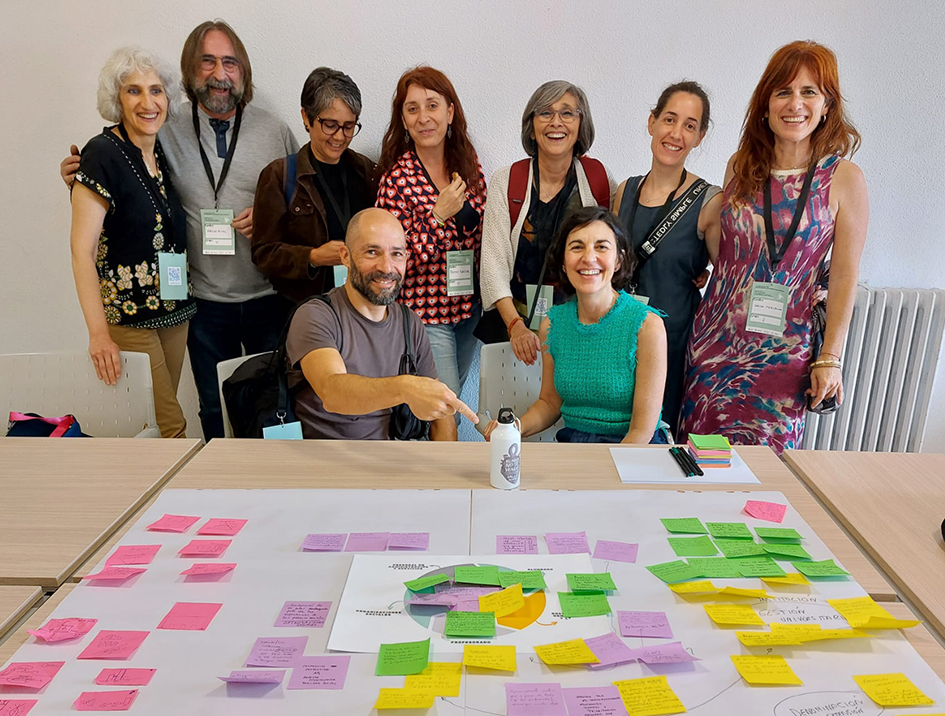
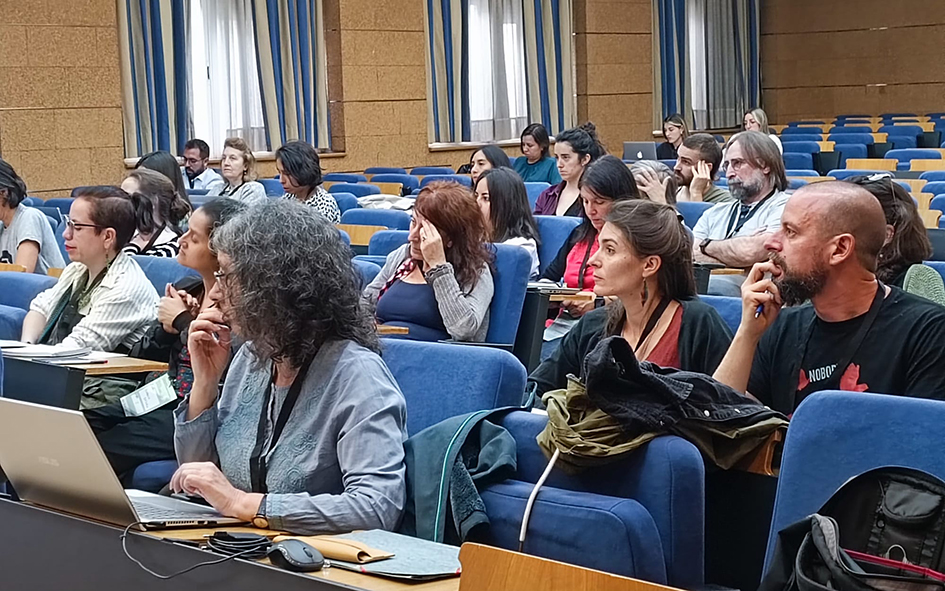
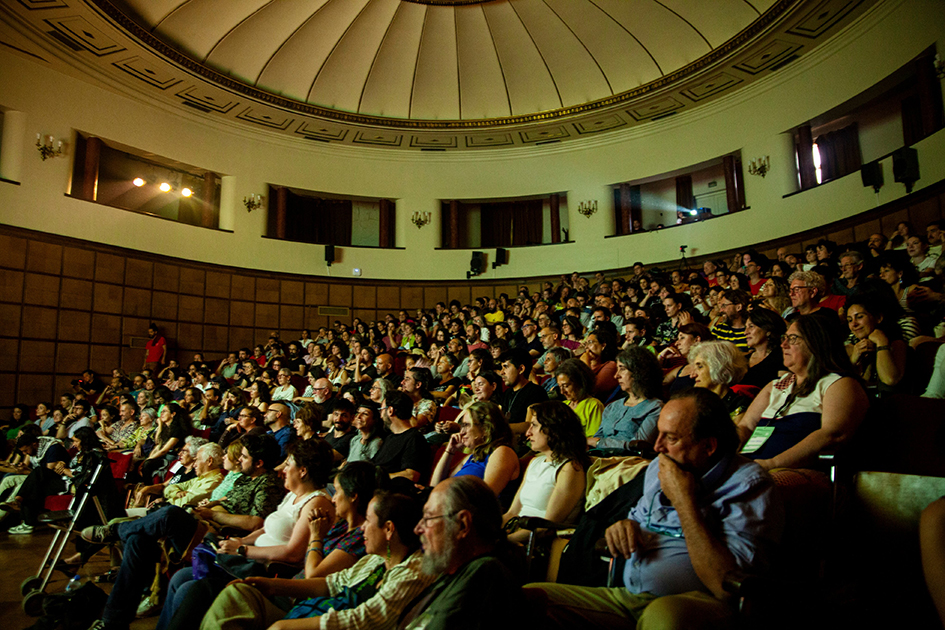
Related news

